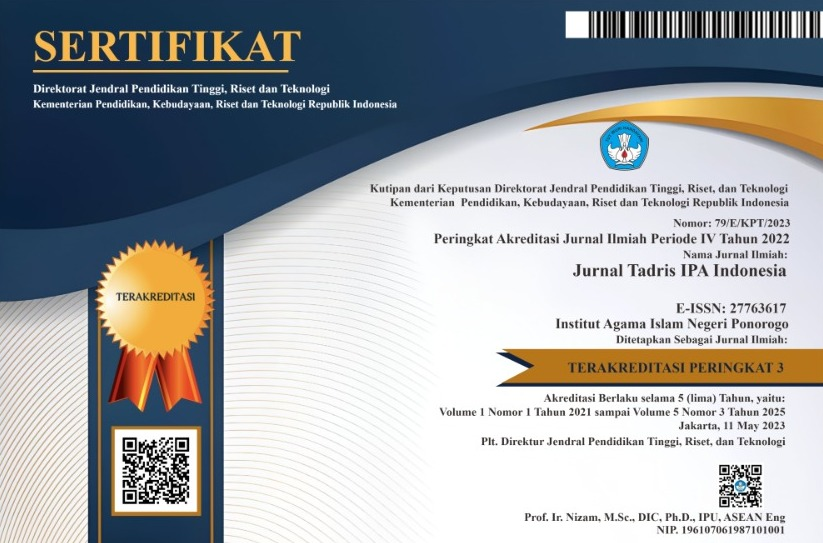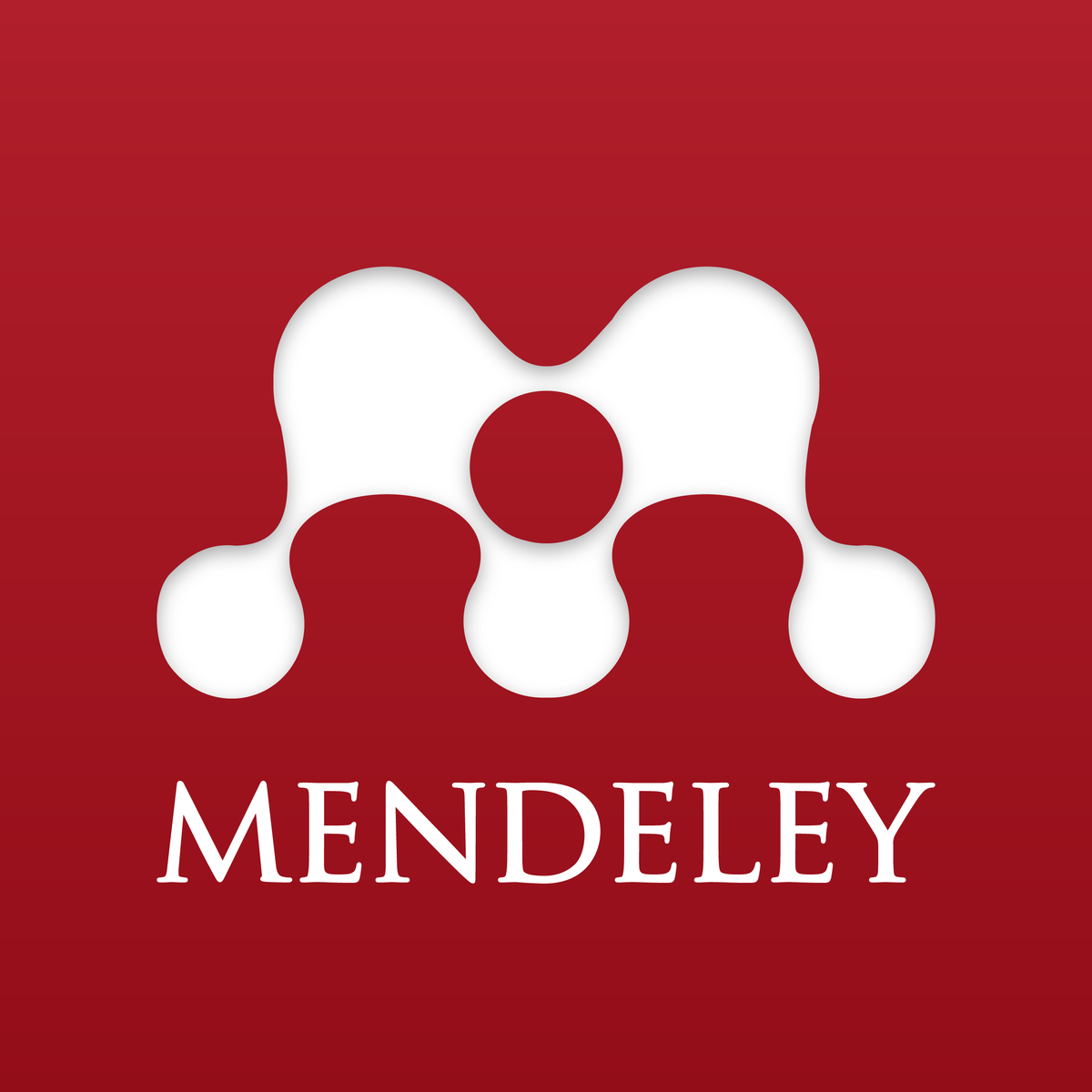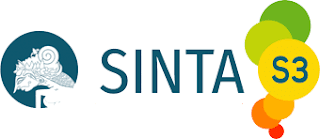Pemahaman Siswa Terhadap Keyakinan Epistemik dan Implementasi Pada Materi Bencana Alam Berbasis Socio-Scientific Issue
Abstract
Indonesia termasuk salah satu negara berkembang dengan mutu Sumber Daya Manusia dan kualitas pendidikan yang tergolong rendah. Menurut PISA 2022, literasi sainsnya kurang yang mengakibatkan pelajar Indonesia berada di peringkat 64 dari 81 negara. Tujuan penelitian ini adalah untuk menganalisis pemahaman siswa terhadap keyakinan epistemik dan Implementasi pada pembelajaran IPA berbasis socio-scientific issue. Penelitian ini menggunaakan metode kualitatif dengan pendekatan fenomenologi. Populasi penelitian ini menggunakan 10 sampel random sampling yaitu siswa kelas VIII SMP/MTs di kecamatan Pulung. Proses pengumpulan data menggunakan wawancara, tes dan survey angket secara langsung. Hasil penelitian menunjukkan bahwa siswa SMP/MTs di Pulung memiliki persentase keyakinan epistemik pada empat dimensi yaitu 65% kepastian, 75% kesederhanaan, 60% sumber pengetahuan dan 75% justifikasi. Berdasarkan tiga indikator seperti mengeksplorasi, menganalisis, dan mengaplikasikan konsep sains siswa memiliki nilai diantara 42%-92% dengan rata-rata sebesar 72%. Apabila dilihat dari hasil kedua analisis, perolehan data menunjukkan bahwa siswa memiliki keyakinan epistemik pada tingkat sedang. Pada analisis data yang ketiga, penelitian ini telah menganalisis kata kunci berbentuk treemap dan diperoleh hasil bahwa terdapat 11 item kata kunci dengan warna yang berbeda dan bentuk yang berbeda, semakin kecil bentuk maka kuantitas data akan semakin kecil. Analisis data yang terakhir yaitu menentukan faktor yang mempengaruhi tingkat keyakinan epistemik siswa diabad 21 yaitu faktor internal (motivasi diri, kesiapan belajar) dan faktor eksternal (sarana prasarana, lingkungan belajar, kurikulum belajar, guru, metode belajar, media belajar dan literasi sains). Berdasarkan hasil penelitian keyakinan epistemik siswa masih dalam tingkat sedang sehingga untuk ditingkatkan kembali.
References
Anas, A. (2022). Sumber daya manusia Indonesia di era globalisasi. Jurnal Ilmiah Promis, 3(2), 110-130.
Areepattamannil, S., Cairns, D., Dickson, M., Areepattamannil, S., & Cairns, D. (2020). Teacher-Directed Versus Inquiry-Based Science Instruction : Investigating Links to Adolescent Students ’ Science Dispositions Across 66 Countries Teacher-Directed Versus Inquiry-Based Science Instruction : Investigating Links to Adolescent Students ’ Scie. Journal of Science Teacher Education, 00(00), 1–30. https://doi.org/10.1080/1046560X.2020.1753309
Azizah, H. P. (2023). Pengembangan E-Modul IPA SMP/MTS Berbasis Socio Scientific Issues (Ssi) Terintegrasi Ayat-Ayat Al-Qur’an dan Hadits pada Materi Lapisan Bumi dan Bencana (Doctoral dissertation, UNIVERSITAS ISLAM NEGERI SULTAN SYARIF KASIM RIAU).
Baytelman, A., Iordanou, K., & Constantinou, C. P. (2020). Epistemic beliefs and prior knowledge as predictors of the construction of different types of arguments on socioscientific issues. Journal of Research in Science Teaching, 57(8), 1199-1227.
Chowdhury, S. A., & Islam, M. A. (2023). Unveiling the Potential of Big Data Analytics for Transforming Higher Education in Bangladesh; Needs, Prospects, and Challenges. arXiv preprint arXiv:2311.10727.
Estes, Z. (2019). Epistemic belief and semantic categorization. In Proceedings of the Twenty-fourth Annual Conference of the Cognitive Science Society (pp. 1003-1003). Routledge.
Fatmawati, N., Mappincara, A., & Habibah, S. (2019). Pemanfaatan Dan Pemeliharaan Sarana Dan Prasarana Pendidikan. Jurnal Ilmu Pendidikan, Keguruan, Dan Pembelajaran, 3(2), 115-121.
Guilfoyle, L., McCormack, O., & Erduran, S. (2020). The " tipping point " for educational research : The role of pre-service science teachers ' epistemik beliefs in evaluating the professional utility of educational research. Teaching and Teacher Education, p. 90, 103033. https://doi.org/10.1016/j.tate.2020.103033
Guo, J., Hu, X., Marsh, H. W., & Pekrun, R. (2022). Relations of epistemik beliefs with motivation, achievement, and aspirations in science: Generalizability across 72 societies. Journal of Educational Psychology, 114(4), 734.
Hasibuan, A. T., & Prastowo, A. (2019). Konsep pendidikan abad 21: kepemimpinan dan pengembangan sumber daya manusia sd/mi. MAGISTRA: Media Pengembangan Ilmu Pendidikan Dasar Dan Keislaman, 10(1).
Kite, V., Park, S., Mccance, K., Seung, E., Kite, V., Park, S., & Mccance, K. (2020). Secondary Science Teachers ’ Understandings of the Epistemik Nature of Science Practices Secondary Science Teachers ’ Understandings of the Epistemik Nature of Science Practices ABSTRACT. Journal of Science Teacher Education, 00(00), 1–22. https://doi.org/10.1080/1046560X.2020.1808757
Laksono, R. K. S., & Wibowo, Y. (2022). Pengembangan bahan ajar berbasis socio-scientific issues untuk meningkatkan higher order thinking skill. Jurnal Pendidikan Sains Indonesia (Indonesian Journal of Science Education), 10(4), 752-765.
Lunn, J., Ferguson, L., Scholes, L., Mcdonald, S., Stahl, G., Comber, B., & Mills, R. (2021). Middle school students ’ science epistemik beliefs – Implications for measurement. International Journal of Educational Research, 105(November 2020), 101719. https://doi.org/10.1016/j.ijer.2020.101719
Mudawamah, K. (2020). Peningkatan Hasil Belajar dan Literasi Sains Siswa SMPN 1 Ngoro Mojokerto melalui Penerapan Pendekatan Saintifik Berbasis Socio-scientific issues (SSI). Science Education and Application Journal, 2(2), 52-65.
Muis, K. R., Chevrier, M., Denton, C. A., & Losenno, K. M. (2021). Epistemic emotions and epistemic cognition predict critical thinking about socio-scientific issues. In Frontiers in Education (Vol. 6, p. 669908). Frontiers Media SA.
Noroozi, O. (2023). The role of students’ epistemik beliefs for their argumentation performance in higher education. Innovations in Education and Teaching International, 60(4), 501-512.
Nursela, E., Surahmat, & Khairunnisa, G. F. (2022). Penerapan Model Pembelajaran Kooperatif Tipe Treffinger Untuk Meningkatkan Kemampuan Berpikir Kreatif Pada Materi Relasi Dan Fungsi Siswa Kelas Viii-E Smpn 1 Kademangan. Jurnal Penelitian, Pendidikan, Dan Pembelajaran, 17(31), 1–12. http://jim.unisma.ac.id/index.php/jp3/article/view/19599.
Rahayu, R., Iskandar, S., & Abidin, Y. (2022). Inovasi Pembelajaran Abad 21 Dan Penerapannya Di Indonesia Restu Rahayu 1 , Sofyan Iskandar 2 , Yunus Abidin 3. Jurnal Basicedu, 6(2), 2099–2104.
Rahayu, S. (2019). Socioscientific Issues : Manfaatnya dalam Meningkatkan Pemahaman Konsep Socioscientific Issues : Manfaatnya dalam Meningkatkan Pemahaman Konsep Sains , Nature of Science ( NOS ) dan Higher Order Thinking Skills ( HOTS ). Seminar Nasional Pendidikan IPA UNESA, October, 2. https://doi.org/10.13140/RG.2.2.16332.16004.
Rifa, R. M., Subiantoro, A. W., Biologi, P., Matematika, F., & Alam, P. (2022). Feasibility of Socio-Scientific Issues-Based Biology Learning Web on Respiratory System Topic for Students’ Health Literacy Development. 6(1), 31–41. http://jurnal.um-palembang.ac.id/index.php/dikbio
Risma, M., Rahmayani, R., & Handayani, F. (2019). Analisis Konten Buku Teks IPA Terpadu Kelas VIII Semester 1 Ditinjau Dari Aspek Literasi Saintifik. Jurnal Eksakta Pendidikan (Jep), 3(2), 200. https://doi.org/10.24036/jep/vol3-iss2/396
Sayekti, T., & Zulfah, Z. (2024). Literasi Informasi di Era Pandemi Covid-19: Studi Fenomenologi Calon Guru IPA. Jurnal Tadris IPA Indonesia, 4(1), 35-51.
Saidah, K. (2023). Keyakinan Epistemik Mahasiswa PGSD tentang Pembelajaran IPS di Sekolah Dasar. Jurnal Ilmiah Wahana Pendidikan, 9(14), 426-433.
Septaria, K. (2019). Mengeksplorasi Argumentasi dan Pengetahuan Pendidik Ilmu Pengetahuan Alam ( IPA ) Tentang Pemanasan Global [ Exploring the Arguments and Knowledge of Natural Sciences ( IPA ) Educators on Global Warming ]. 8(2), 247–257. https://doi.org/10.21070/pedagogia.v8i2.2369
Shah, Z. A., & Choudhary, F. R. (2022). Exploring the Relationship between Students’ Epistemological Beliefs about Science and their Approaches to Learning Science. UMT Education Review, 5(1), 55-80.
Sulkipli, N. A. (2023). Implementasi Kurikulum Merdeka Belajar Terhadap Prestasi Siswa Pada SMP Negeri 1 Makassar (Doctoral dissertation, UNIVERSITAS BOSOWA).
Suraya, M., Hasibuan, S. S., Anjeli, Y., & Walid, A. (2023). Article Evaluation Of The Use Of Learning Technology On Science Learning Outcomes In Junior High School. Jurnal Lentera Pendidikan Pusat Penelitian LPPM UM Metro, 8(1), 14-20.
Syarifuddin, S., Hasnawati, H., Lasaima, O., & Saranani, M. S. (2023). Analysis of Science Literacy Ability of Junior High School Students with the NOSLiT Method of South Konawe Regency. Prisma Sains: Jurnal Pengkajian Ilmu dan Pembelajaran Matematika dan IPA IKIP Mataram, 11(1), 206-217.
Tayibnapis, A. Z., Wuryaningsih, L. E., & Gora, R. (2018). Indonesia's efforts to achieve globally competitive human resources. International Journal of Humanities and Social Science Invention (IJHSSI), 7(8), 01-06.
Tri Pudji Astuti. (2019). Model Problem Based Learning dengan Mind Mapping dalam Pembelajaran IPA Abad 21. Proceeding of Biology Education, 3(1), 64–73. https://doi.org/10.21009/pbe.3-1.9
Unsudah, E. N., & Irianti, A. H. S. (2020). Improving Human Resource Through School-Industry Cooperation Program to Face Industry 4.0. In 2nd International Conference on Social, Applied Science, and Technology in Home Economics (ICONHOMECS 2019) (pp. 280-286). Atlantis Press.
Widiyatmoko, A., Taufiq, M., Purwinarko, A., Wusqo, I. U., & Salma, M. (2022). The Effect of Environmental Pollution Game-Based Learning on Improving Students ’ Conceptual Understanding and Environmental Awareness. 3(4), 691–700. https://doi.org/10.46843/jiecr.v3i4.344
Vasalampi, K., Tolvanen, A., Torppa, M., Poikkeus, A. M., Hankimaa, H., & Aunola, K. (2023). PISA reading achievement, literacy motivation, and school burnout predict Adolescents' educational track and attainment. Learning and Individual Differences, 108(December 2022), 102377. https://doi.org/10.1016/j.lindif.2023.102377
Copyright (c) 2024 Eka Safitri, Wirawan Fadly

This work is licensed under a Creative Commons Attribution-NonCommercial-ShareAlike 4.0 International License.
Jurnal Tadris IPA Indonesia allow the author(s) to hold the copyright without restrictions and allow the author(s) to retain publishing rights without restrictions, also the owner of the commercial rights to the article is the author.








